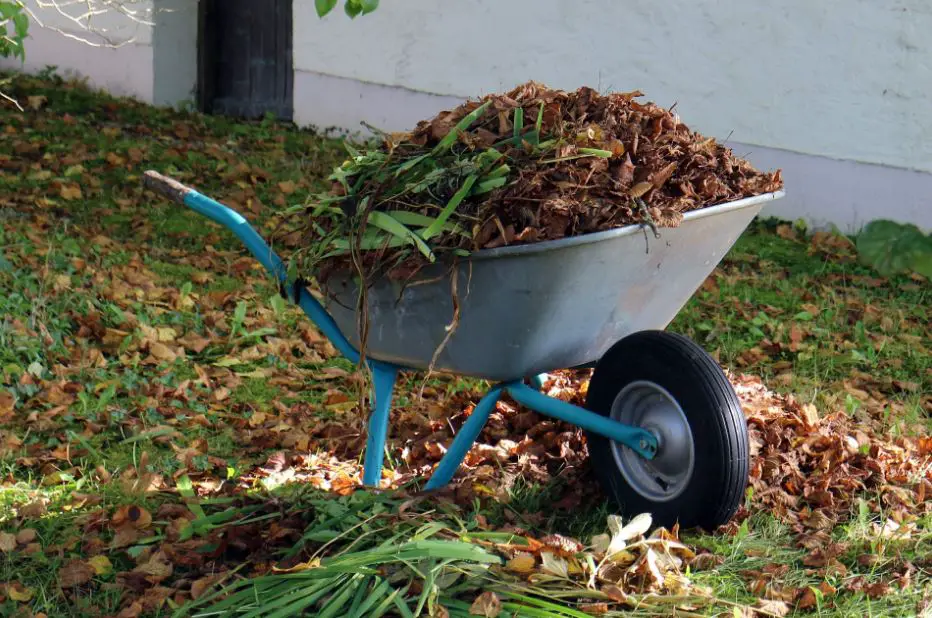Yard trash is a natural result of caring for a garden, lawn, or other outdoor space. If you have outside space, whether you grow seriously or not, garbage will be produced. Yard garbage disposal is more difficult than you may imagine. It does not always imply you may put anything everywhere since it is organic. What you should know is as follows.
What is Yard Waste?
Any organic material you produce in your yard or garden that needs to be removed or placed somewhere else is called yard garbage. It contains debris from plants you have removed or chopped back, leaves, sticks, grass clippings, and everything pruned from bushes or trees.

Why Is Yard Waste Not Allowed in the Trash?
If you reside in a municipality that offers trash collection, you are likely aware of the prohibition on putting yard waste with other rubbish. There are a lot of solid reasons why yard waste should not go to the same landfill as other trash:
Yard garbage that is organic, biodegradable, and “clean” takes up precious landfill space that might be used to store other forms of waste.
As yard waste breaks down, a lot of methane is produced. This flammable gas may collect under buildings in a landfill, which presents a significant danger to public safety.
Additionally, acidic chemicals produced by organic waste result in harmful substances leaking out of landfills and polluting surrounding soil and possibly groundwater.
What to Do Instead of Yard Waste
To dispose of yard trash responsibly, just bag it for collection by your city’s waste management organization. It then travels to facilities where it will be composted. In many cities nowadays, yard trash is converted into mulch that locals may take and use for free.
If your neighbourhood does not provide yard waste disposal services, you may hire a company to collect your trash for composting and recycling. Of course, pickup is not entirely sustainable. It necessitates extensive driving and the use of fossil fuels. Here are some other environmentally friendly choices for disposing of yard waste:
Leave the lawn with the grass clippings. Simple adjustments to your yard maintenance routine may solve certain disposal problems. Leave the clippings on the lawn, for instance, if you just cut off approximately a third of the length of the grass each time you mow. Contrary to common assumption, they do not greatly add to the formation of thatch. They decompose rapidly, improve the soil, and decompose quickly.
Mulch fallen leaf areas. Many leaves that fall in the autumn may be treated the same way. Leave them alone and often mow and mulch them.
Mulch the beds with it. Putting those leaves and grass clippings in bags and using them as a natural fertilizer in your garden beds is an additional alternative. To transform woody tree and shrub clippings into more substantial, long-lasting mulch, rent a woodchipper.
Make a mound of compost. Your room for home compost is limited, but you can get rid of some yard trash this way. Making your compost gives you access to a ready supply of organic matter for soil improvement and plant nutrition. Additionally, composting makes it possible to dispose of kitchen waste more responsibly than throwing it in the garbage.
Create wildlife habitat. Set aside a portion of the garden or a corner for a natural animal habitat. Stacks of dead leaves or branches and twigs benefit a variety of creatures, including frogs, insects, birds, and mammals.
Replace turf. By substituting groundcover, native plants, or planting beds for a portion of your turf grass, you may decrease the amount of trash you create. More trash, such as mulched leaves, may be absorbed by beds. Additionally, less turf equals fewer grass cuttings to deal with.

